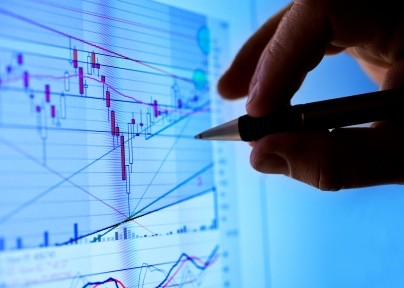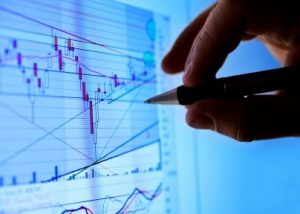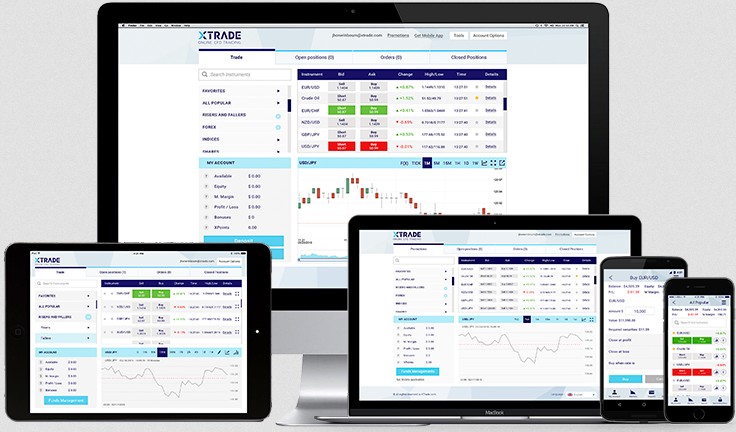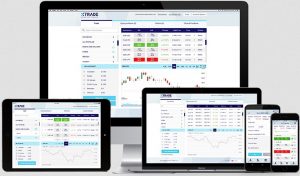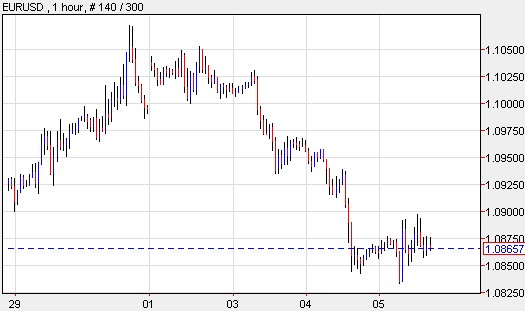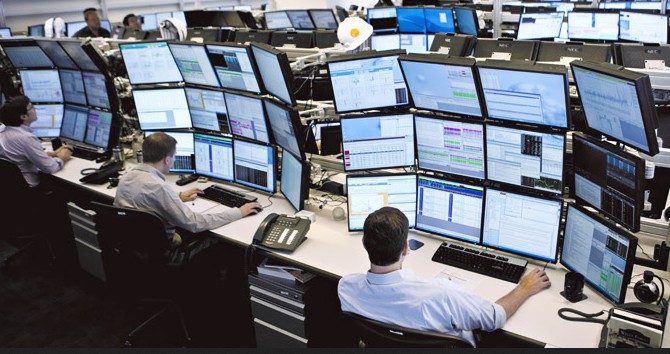The term “forex market” refers to both a general concept and a specific institutional setup. As a generic term, it refers to an omnipotent instantaneous equilibrating mechanism whereby anyone on the globe can evaluate the value of anything is his native currency, 24/7. Forex news is justifiably a top feature of most business broadcasts. And as such, it is one of the defining terms of our age. Without it, human activity would rapidly revert to conditions that were in existence as recently as 150 years ago, with 75% of the world’s population in abject poverty and an average life-span of 30 years (as opposed to 10% and 71 years, as exists today).
What is forex Trading?
But it is “forex market” as an active corporeal framework that is of greater interest, warranting elaboration and investigation. This market refers to a variety of means of exchange for currency trading. It is through this clearing mechanism that accounts, both national and personal, are cleared. Even here, the definition is relatively expansive as it encompasses both the institutionally definable, that is banks and other financial institutions whose cash holdings are real monetary claims (currency backed by political sovereignty and agreements) as well as the unquantifiable and amorphous derivative trade. Currency trading in the defined, known institutional markets has a current daily volume estimated in excess of $5 trillion, while estimates on the forex markets, including all derivatives, is a multiple 5 – 10 times that.
Forex market risk
Understanding and managing this derivative market has been a major preoccupation of market participants and regulators alike. Of the 2,300 pages and 398 regulations in the U.S. Dodd-Frank legislation promulgated in the wake of the financial meltdown, a significant fraction deals with the problem of defining and managing forex market risk. As with much of the government response, the attempt is to micro-manage the risk and exposure, by, for example, banning US citizens from trading CFDs was a typical attempt at a legislative dictat of a problem manifestation rather than addressing the cause. This response ignores the moral hazard issue of absolving the party incurring the risk from fully incorporating and accounting for it. It furthermore wades into the definition of “derivative”, an evolving and expansive concept without end. Attempting to impose a fixed static conception will inevitably stifle and distort the underlying processes.
That the informal sector and understanding of “what is forex trading” is larger by a significant multiple than the formal part, forces participants of all kinds to understand how this process arrives at price determination. The forex news of interest is necessarily much wider in scope than that which concerns central bankers. In short, a messy evolving environment that defies the neat regimentation and clarity sought by regulators. Both the informal and formal sectors are active almost 24/5 (22/5 for the most part). Thus, a weekday event almost anywhere on the globe has an immediate immediate forex market implication to be rapidly interpreted by the larger framework and the more narrow currency trading,
Analysts, observers, students, pundits and all sorts of participants are thus well-advised to study the whole of forex news to understand what is forex trading and the subset of currency trading.

